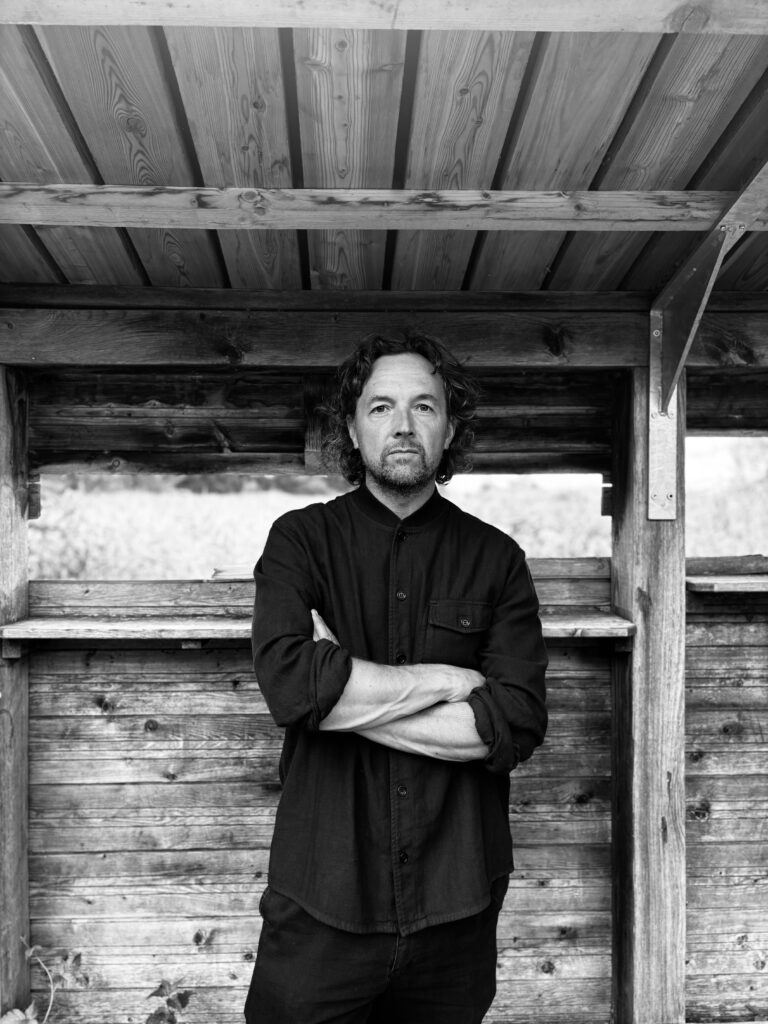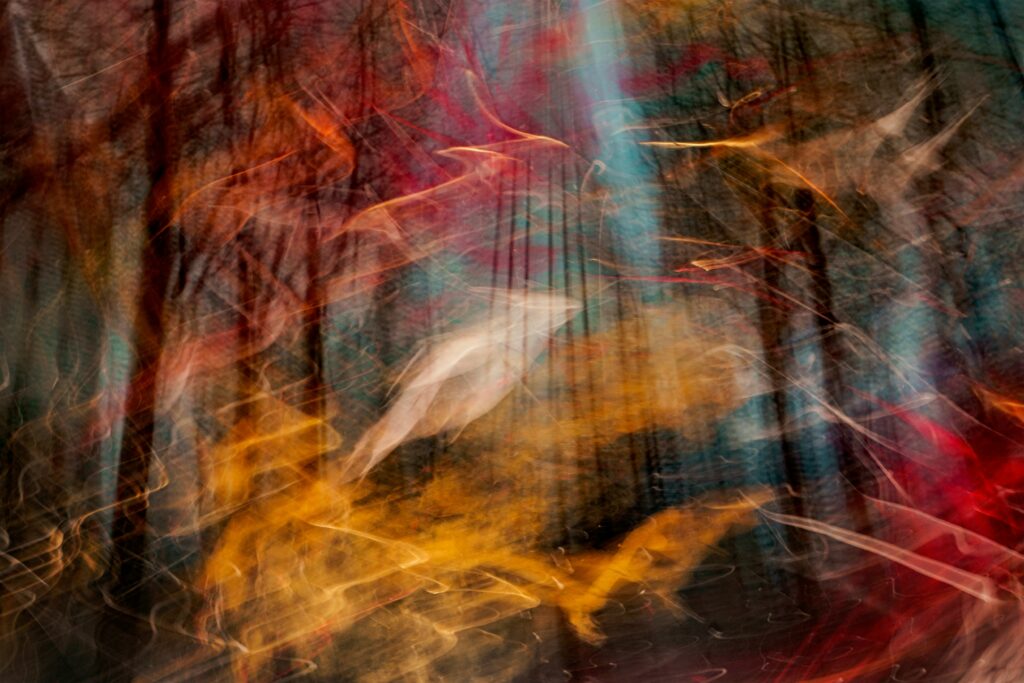
Foreshore Books, the small press imprint of Foreshore Publishing, is excited to announce the upcoming release of So Sweet and Other Stories, a captivating collection of short stories, flash fiction, and flash non-fiction by acclaimed writer Graham Buchan. English-language rights have been secured for the US, UK, and international markets. So Sweet and Other Stories features twenty-six diverse works, ranging from around 6,000 words to under 200 words. Sixteen of these pieces have been previously published in prestigious literary outlets including London Magazine, Litro, Magma, Avocado, and Exquisite Death. Additionally, four stories have been performed at Liars’ League events in London, New York, and Hong Kong. Buchan’s collection explores a wide range of themes—from the often dark and unsettling, including murder, crime, violence, war, and oppression, to more tender investigations of love, desire, and family ties. Some stories adopt lighter tones, while others draw on historical moments such as the Second World War. Settings vary widely, spanning cities such as London, Russia, and Poland. Recurring motifs of music, writing, and science add layers of richness to the narratives. Graham Buchan is a versatile and seasoned author with a prolific body of work spanning poetry, short fiction, flash genres, and critical reviews. He has published five books of poetry with Tall Lighthouse and Lapwing Publications. His accolades include winning the Piccadilly Poets competition (2001), Cellar Slam Champion (2006), and numerous literary honors from competitions and spoken word events. An Anglo-Scot based in London and a graduate of Chemical Engineering, Buchan brings a unique creative perspective shaped by experiences in writing and directing factual films, television news editing, and international photography sales. His poetry and fiction have been widely shared in readings and master classes from London and New York to Nicaragua and Iraq. His work has also featured on BBC London TV and Radio, WBAI New York, Resonance FM, and Iraqi TV. His published poetry collections include Airport Reading (Tall Lighthouse, 2004), There is Violence in These Vapours (Tall Lighthouse, 2007)—praised by Agnes Meadows as “masterful viral poetry that infects the reader with anger, cynicism, and intelligence,” In Bed with Shostakovich (pamphlet, Tall Lighthouse, 2009), Lucky (Lapwing Publications, 2015), which Write Out Loud described as “a powerful reminder of how lucky we are,” Burglar: 45 Slight Poems (Lapwing Publications, 2017), and The Pleasure of Firing Back (Lapwing Publications, 2022), praised by Eamonn Lynskey for combining “cold observance with Emily Dickinson’s advice to ‘tell all the truth, but tell it slant.’” In addition to poetry, Buchan has published short stories, articles, travel writing, poetry appreciation, and numerous reviews covering film, theatre, literature, and art. He has appeared at notable festivals including the Austin Poetry Festival (2003, 2008), Wireless Festival in Hyde Park, Babylon Festival in Al Hillah, Iraq (2014), International Poetry Festival, Granada, Nicaragua (2018), Letras en la Mar, Puerto Vallarta, Mexico (2019), and has toured extensively, including two two-week poetry tours to New York. So Sweet and Other Stories will be published in spring 2026 by Foreshore Books.

From one of our most talented artists and writers, The Birdwatchers is a novel about the risks and rewards of stepping out of your comfort zone, and about the hope of truly being understood by someone else. The Birdwatchers tells the story of Jean, a lonely young man stuck in a routine life in a perfect Swiss city. His world changes when he becomes interested in a woman he sees on his daily commute. Trying to get closer to her, Jean pretends to be interested in birdwatching and joins her group of friends. As Jean learns about birds, he starts to see the world—and himself—differently. Phil M. Shirley, Foreshore Publisher, said: ‘The Birdwatchers is a remarkable work from someone I consider to be a vital writer – Alan’s writing captures the spirit and concerns of our time, on a raw human level. The Birdwatchers takes us to the heart of the matter – how hard it can be to make real connections with others in a world full of screens and routines. It is a novel that will impact and inspire. The Birdwatchers will be published by Foreshore Books, the small press department of Foreshore Publishing, in spring 2026. AJ Lawson is an award-winning artist and writer of Scottish–Spanish descent. His paintings are held in private and public collections, including his portrait of the late poet John Burnside, which hangs in the Scottish National Portrait Gallery. He is co-founder and co-director of The Alpine Fellowship, a nonprofit foundation supporting the arts. His writing has appeared in literary journals such as Studies in Photography, American Arts Quarterly, and Bare Hands Poetry Magazine, and he was shortlisted for the 2014 Bridport Poetry Prize.

“Sometimes I wonder if bilingualism is its own form of magical realism. What else would you call it when your mouth has to translate your heart?” Writer Marie Anne Arreola discusses how bilingual writing blends emotion, identity, and rhythm, and her upcoming debut novel, Sparks of the Liberating Spirit Who Trapped Us back in Woodstock. Interview by Betsy Robinson Image Jr Korpa @ Unsplash What inspired you to write a work of magical realism? How did the plot come to you? It started with a question I couldn’t let go of: What do we owe the past versions of ourselves who never got closure? I didn’t sit down thinking I’d write magical realism. I was trying to find a shape for all the memories that didn’t follow a straight line. The novel grew out of that, like emotional archaeology, digging through layers I didn’t realise were still there. That’s where the metaphor came from, too: a man returns to Woodstock, a place he thought he’d left behind, for a funeral—and ends up confronting the ghosts he’s carried with him, both real and imagined. It didn’t feel like I was inventing the story. It felt like I was recovering it. What did the writing process look like for Sparks of the Liberating Spirit Who Trapped Us Back in Woodstock? It was fragmented, and surprisingly tender. I started with texture, tone, and dialogue because of my background in screenwriting. I discovered the heart of the characters through their voices. That gave me the urgency to keep going. In fact, once I found that rhythm, I finished the first draft in one month. Writing this novel often felt like returning to the page not to produce, but to listen. The characters came to me as composites—part film characters from stories I admire, part versions of myself I no longer am. I built them from scraps, like assembling memories as a way to return again and again to the same emotional question. Does your novel reference the Woodstock festival? Not exactly. The idea of Woodstock came to me through my poem of the same name, which won the WILDSOUND Festival’s Nature category last year. That poem never left me. It was the first heartbeat of the novel. In Sparks, Woodstock is both a place and a metaphor. It’s where timelines blur, where the past and the present sit across from each other and talk. It’s a space where the main character, Johnatan, is forced to confront what could’ve been; not just in his life, but in the lives of those he’s lost. I also became obsessed with the way the word ‘Woodstock‘ sounds like ‘wood stuck‘. That small glitch in language opened a hidden passage for me: an invisible bridge between the literal and the emotional. That’s where the story lives. How did you incorporate your poem Woodstock into the novel? The poem was the doorway. It was atmospheric, surreal, and emotionally precise. Writing it taught me that memory doesn’t operate in linear time. It moves like weather, drifting, gathering, dissolving. That became the emotional logic of the novel. Some lines from the poem echo in the first part of the book, especially in Johnatan’s reflections on loss. Not always directly, but in feeling. I believe poems leave residue: emotional traces that don’t fade. The poem became a kind of compass. It reminded me to trust the luminous, strange aspects of grief. It also gave me permission to let nostalgia carry weight, to let it pull the narrative like a tide. Does writing in Spanish versus English affect the style of your writing? Absolutely. Spanish is where I keep my tenderness, my earliest memories, my family stories. English is where I keep my ambition, my edges, my academic self. Writing between the two means I’m constantly translating—yes, words, but also entire ways of thinking and being. That tension shows up in how my sentences curve, in the rhythm of my metaphors, in the way I play with sound and double meanings. That’s why I’m drawn to wordplay. Sometimes the slippage between two similar-sounding words opens up an unexpected meaning. It feels like I’m tracing an invisible etymological history; a secret logic that connects ideas beneath the surface. That’s where my poetic and linguistic instincts meet. I wonder if bilingualism is its own form of magical realism. What else would you call it when your mouth has to translate your heart? I don’t write in one language. I write through both. The dialogue in this novel, for example, emerged in English, not by choice, but by frequency. I grew up consuming so much English-language media, especially theatre and film, that often my characters start speaking in English before I even know who they are. That’s probably why dialogue is the backbone of my work. I follow it the way a poet follows meter. It’s all about rhythm. The rhythm tells me when the story is alive. How has it felt to expand from writing short stories and poetry to writing a novel? Poetry taught me how to compress emotion, how to make a sentence burst. Short stories taught me voice and urgency. But the novel asked something I wasn’t used to: stamina. Not in terms of speed, but in terms of attention. I had to sustain a feeling (this deep, subtle emotional tone) across 40,000 words without diluting it. At first, that was terrifying. But what carried me was the sense of responsibility I felt toward the characters once I understood how alive they were. I wasn’t just crafting a plot but becoming a vessel for their synthesis. I didn’t want to resolve them. I wanted to walk with them. Author’s Note This book is part of a larger conversation about what it means to be a hybrid writer in today’s world. As a Mexican poet publishing in London, I’m keenly aware of how rare and crucial that position is. We need to make space for it, not as a box to check, but as a necessary evolution in literature. Publishing this



